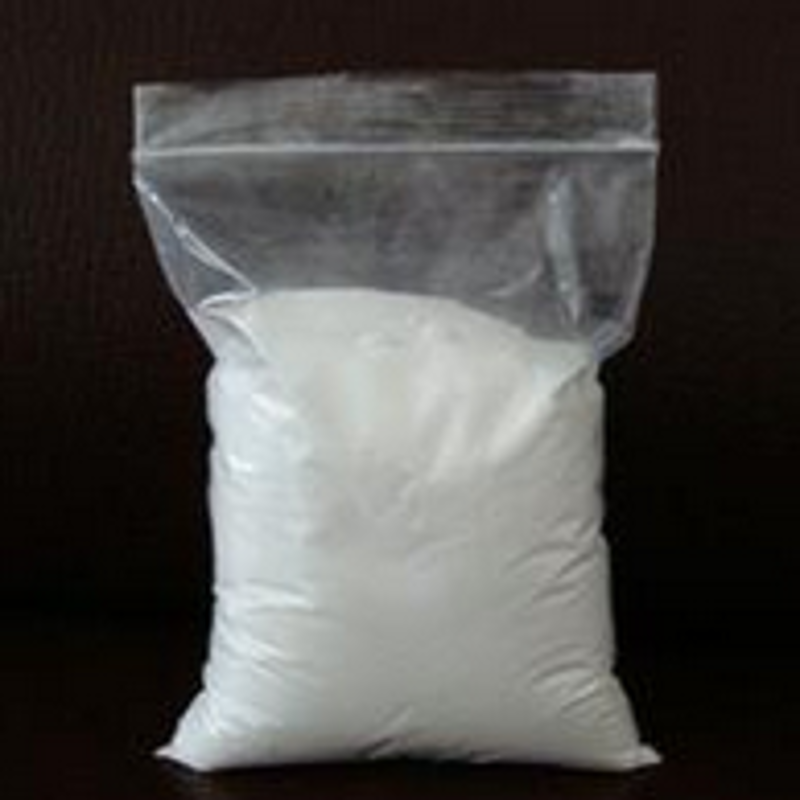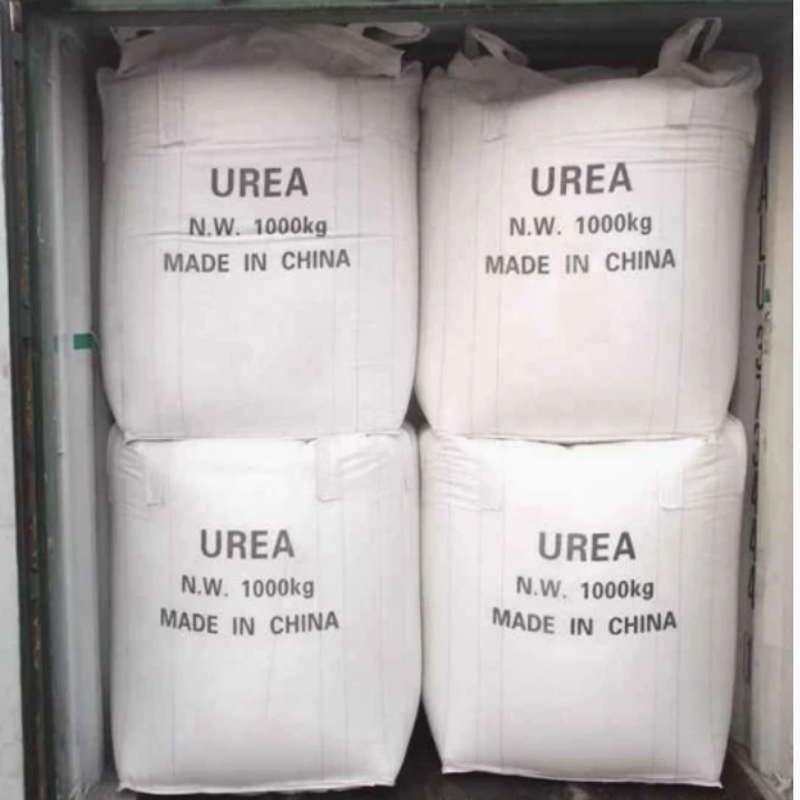-
Categories
-
Pharmaceutical Intermediates
-
Active Pharmaceutical Ingredients
-
Food Additives
- Industrial Coatings
- Agrochemicals
- Dyes and Pigments
- Surfactant
- Flavors and Fragrances
- Chemical Reagents
- Catalyst and Auxiliary
- Natural Products
- Inorganic Chemistry
-
Organic Chemistry
-
Biochemical Engineering
- Analytical Chemistry
-
Cosmetic Ingredient
- Water Treatment Chemical
-
Pharmaceutical Intermediates
Promotion
ECHEMI Mall
Wholesale
Weekly Price
Exhibition
News
-
Trade Service
China Petroleum and Chemical News Network News According to the news of the oil price network on May 16th, several of the world's largest oil producing countries have recently announced plans to increase production capacity.
Last month, when submitting a draft document aimed at achieving this goal, Pavel Zavarny, Chairman of the Energy Committee of the Russian State Duma, said: “All products that can be produced should be produced while there is still demand.
Pavel Zavarny also said at the meeting: "The main argument of this strategy is the monetization of current reserves and resources-that is, the maximum realization of export monetization.
Russia is one of the world's top three oil exporters, tied with Saudi Arabia and the United States.
Most of this oil will replace the depleted oil fields in western Siberia.
However, there are various assumptions about the peaking of oil demand.
This means that oil-producing countries such as Russia, Saudi Arabia, Iraq, and the Gulf countries have little time to fully utilize their oil reserves before demand begins to decline steadily.
In terms of competition, Russia is in a better position than its Middle Eastern partners.
India is clearly a candidate country.
Then, based on demand forecasts, it seems that oil producers will scramble to sell as much oil as possible when there are still buyers.
Qiu Yin compiled from the oil price network
The original text is as follows:
Russia Is Making A Mad Dash To Outrun Peak Oil Demand
Several of the world's largest oil-producing nations have recently made public plans to boost their production capacity.
"Everything that can be produced should be produced while there is still demand to sell it," the head of the energy committee at the Duma, the Russian parliament, said last month at the presentation of a draft document aiming to do just that.
“The main thesis in this strategy is the monetization of current reserves and resources – that is, the maximum monetization of exports,” Pavel Zavalny also said at the event.
Russia is one of the three biggest oil exporters in the world, alongside Saudi Arabia and the United States.
Much of this oil will replace depleting fields in western Siberia.
Yet, there are various scenarios for the peak of oil demand.
Rystad Energy sees demand peaking in five years, and the International Energy Agency expects peak demand over the next decade.
All in all, forecasts are within the range of 2030.
This means producers such as Russia, Saudi Arabia, Iraq, and the Gulf nations have very little time to make the most of their oil reserves before demand begins declining steadily.
And with all of these countries boosting their production capacity and making plans for higher production , competition in the oil market is bound to become even more severe than it is now.
When it comes to competition, Russia is better positioned than its Middle Eastern partners.
It has always been less dependent on oil export revenues than Middle Eastern producers.
Recently, it has been deliberately reducing this dependence.
Oil and gas revenues still account for a solid 30 percent of gross domestic product, but with things like hydrogen catching the eye of the Kremlin, diversification is slowly but surely underway.
Still, there are all those billions of barrels of oil sitting in the ground, and it would be a pity to keep them there, hence the plans to boost production.
But who will be buying?
India is an obvious candidate.
The country imports 80 percent of the oil it burns, and it likes it cheap because of that.
In India, Russia will be competing with its OPEC partners and the United States, for whom India is also a top oil export destination.
The rest of emerging Asia will also be a key market for oil exporters as peak demand draws nearer and nearer.
Oil producers are then in a rush to sell as much oil as they can while there are still buyers, it seems, based on demand forecasts.
But the truth is that peak oil demand may indeed come in ten years or fewer, but it does not mean demand will then fall off a cliff—unless another pandemic hits the planet, that is.
In the absence of such an unforeseen event, oil demand is likely to decline pretty gradually, giving forward-looking producers plenty of time to adjust by boosting their non-oil sectors.
From this perspective, Russia has enough time to reduce oil and gas revenues as a portion of GDP.
Whether it will use this time wisely to achieve those aims remains to be seen.







